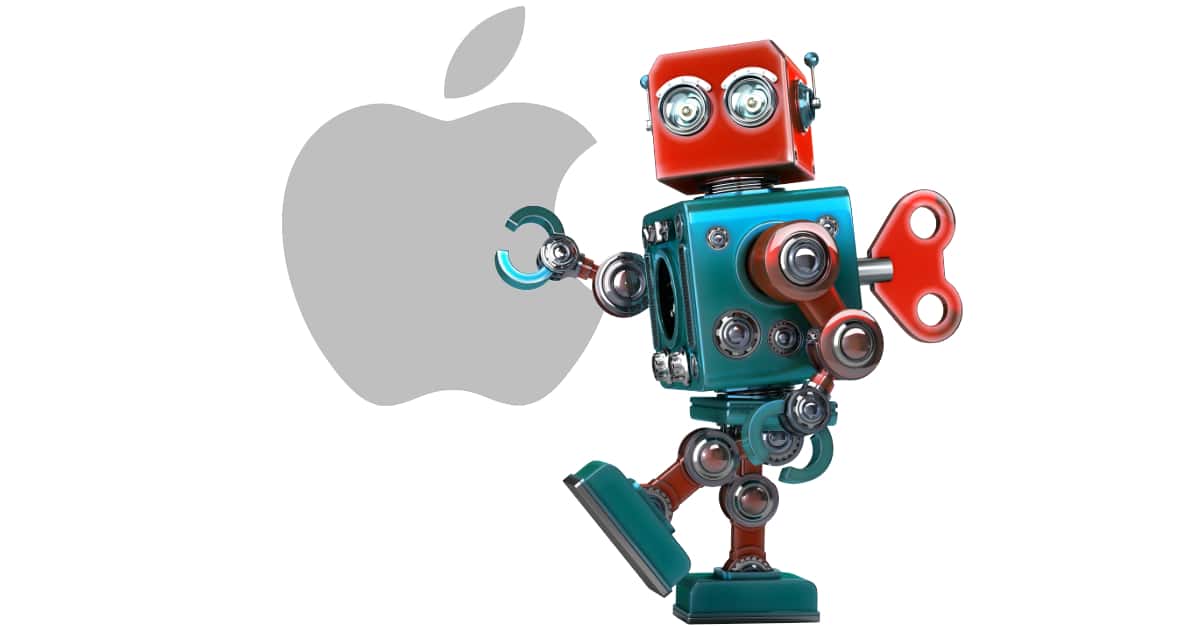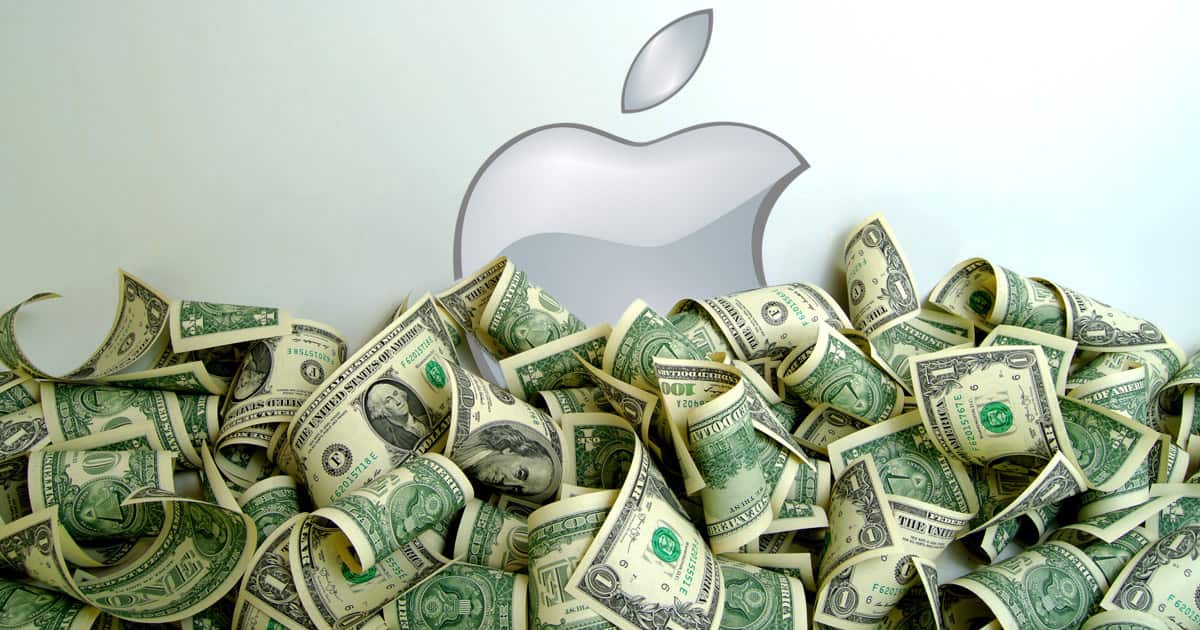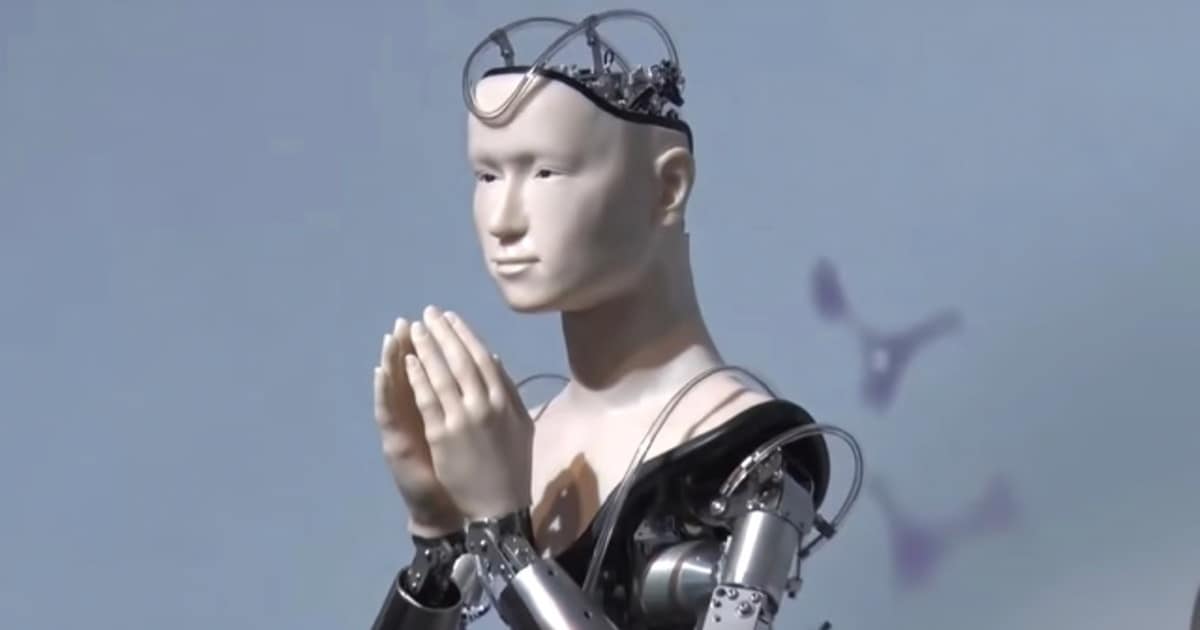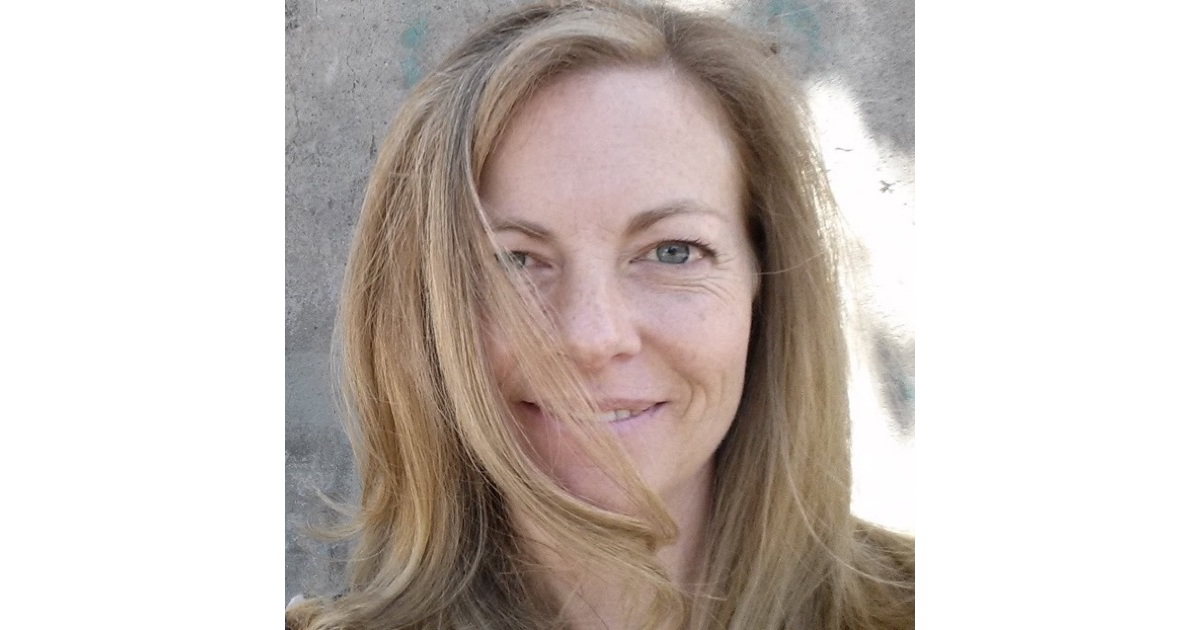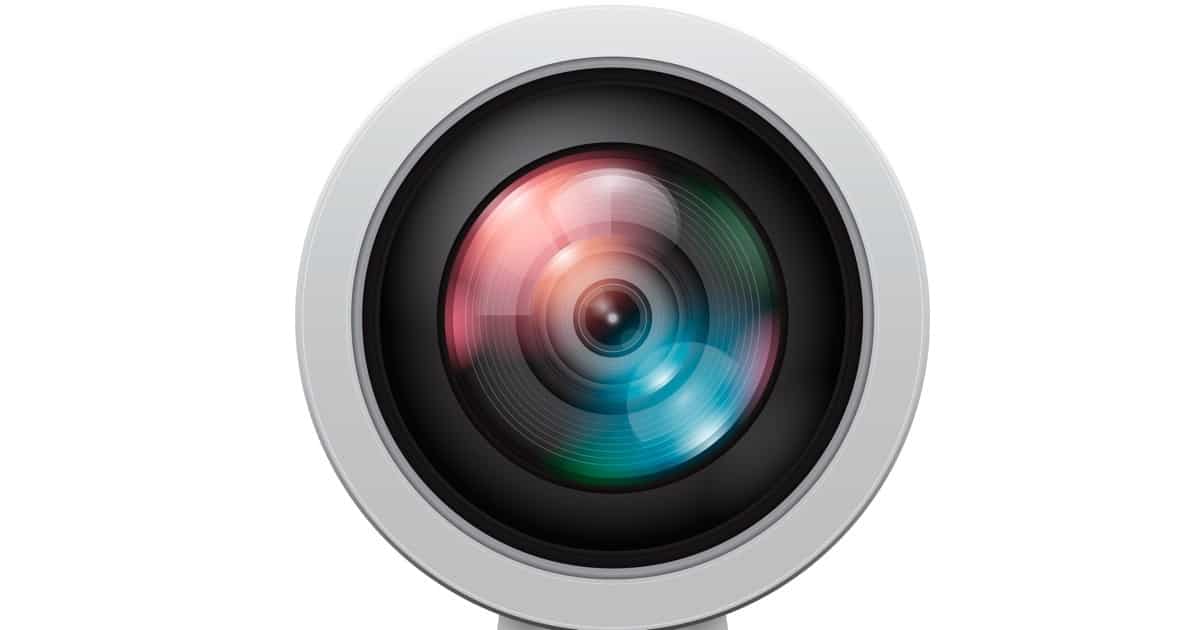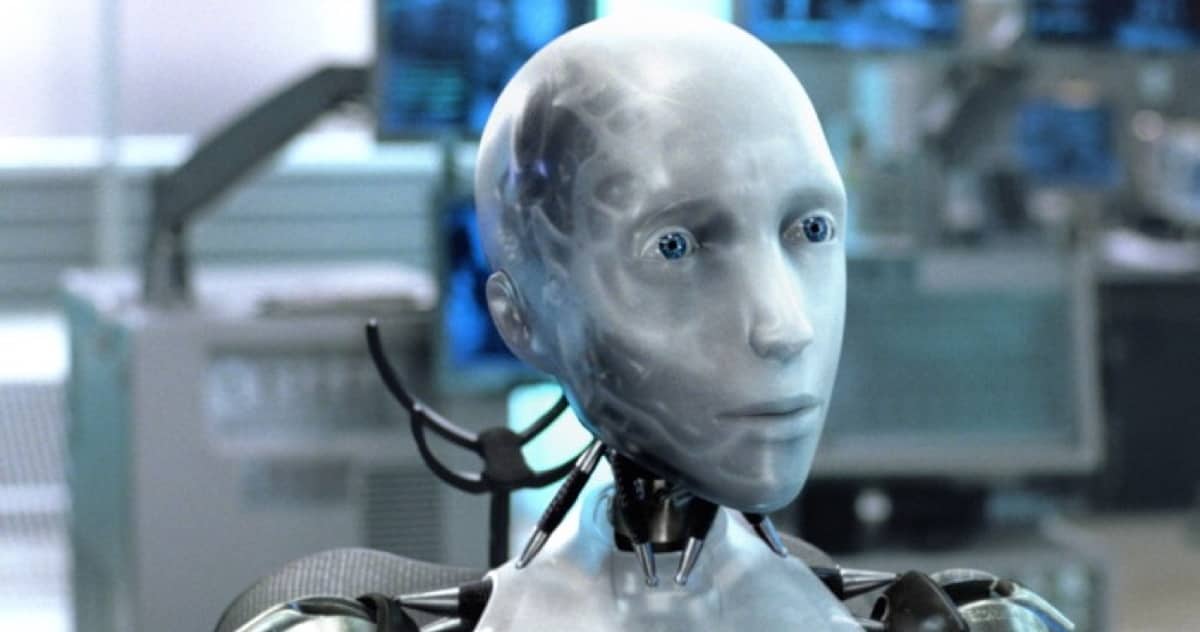Over at Forbes, Alejandro Cremades provides an updated thumbnail of Guy Kawasaki, the former Apple star evangelist. Included are three counter-intuitive principles Kawasaki learned from Steve Jobs, Guy’s list of the only three true visionaries in the history of American business, and info on Guy’s new book: Wise Guy. Want to get in touch with Kawasaki? That’s also included.
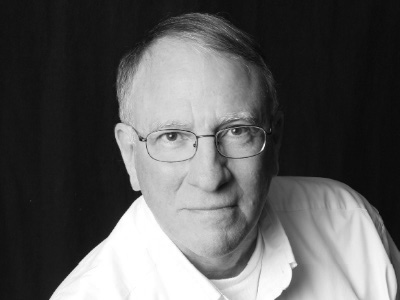
John Martellaro
John Martellaro was born at an early age and began writing about computers soon after that. With degrees in astrophysics (B.S.) and physics (M.S.), he has worked for NASA, White Sands Missile Range, Lockheed Martin Astronautics, the Oak Ridge National Laboratory and Apple. At Apple he worked as a Senior Marketing Manager, a Federal Account Executive and a High Performance Computing manager. His interests include chess, science fiction and astronomy. John is the host of the TMO podcast Background Mode.
Articles by John Martellaro
How to Determine Which Version of iPad (or iPhone) You Have
Apple doesn’t make it easy, for some crazy reason, to go into iOS Settings and look up the version and generation of an iPad or iPhone. For example, is that an iPad mini 3 or mini 4 on your desk? Apple’s update cycles can be so long, we sometimes forget! iPhone Life writes:
“The first piece of information you’ll need to help discover which iPad version you own is to find your iPad’s model number. Once you’ve found the model number on your iPad, you can learn which type and generation of iPad you own…” [by going to the handy tables provided.]
The tables in this article are very handy, worthy of a bookmark.
Foldable Smartphone Displays are Plastic, but Glass is Coming Next
Wired writes:
Foldable phones like Samsung’s Galaxy Fold and Huawei’s Mate X are coming, whether you’re ready or not. In fact, they’re coming whether they’re ready or not. The software remains untested or nonexistent. The prices are either astronomical or unannounced. But those potential issues can be fixed on the fly. The real thing you should hold out for? Glass.
Wired explores the technical prospects for real, foldable glass. It’s coming.
TMO Background Mode Interview with TMO Podcaster and Journalist John Braun
John Braun is a software engineer, multiple patent holder, a Mac Observer Contributor and co-host of the Mac Observer’s podcast Mac Geek Gab (MGG). That podcast launched in 2005, and John has co-hosted 750 episodes to date.
We chatted about John’s early interest in computers and science, influenced in part by his father, an engineering manager. John started off partial to chemistry, but later specialized in computers. He holds aa B.S. in Computer Engineering and an M.S. in Computer Science from Rensselaer Polytechnic Institute.
John told me about early work with computer bulletin boards, his career at Pitney Bowes, how he got to know Dave Hamilton and then joined the Mac Observer, how he prepares for the weekly podcast, and all about his two current Macs and why he loves them.
A Great Explanation of Apple's HomePod Semi-failure
It’s not hard to figure out that Apple’s HomePod hasn’t been as successful as the Amazon Echo. But figuring out the exact cause is harder. It’s not the price.
Apple's Steady Path Towards Family Robots
Apple is a company we trust. Personal robots can be scary. Who better to earn our trust in robots than Apple?
Apple Cash Holdings Could Lead to Emulating General Electric
At BetaNews, Robert X. Cringely writes:
But most importantly for those who are still looking for a headline, Apple will in 2019 greatly expand its profile in the finance industry. Tim Cook has already started in 2019 along the same path forged by GE’s Jack Welch back in 1981.
This strategic shift started to show just this week with Apple directly financing iPhone sales in China and announcing an Apple credit card with Goldman Sachs.
The theme here is wiser utilization of all that cash to make more cash. That’s what Big Companies do and what Apple seems poised to do now.
Microsoft CEO Satya Nadella Echos Tim Cook on Privacy
At the Mobile World Congress 2019, Microsoft CEO Satya Nadella echoed publicly the notions of Apple’s Tim Cook on customer privacy. Computerworld’s Jonny Evans has the story.
Nadella’s Microsoft seems to be moving in a similar direction as the old guard of more responsible technologists join forces to combat the unintended consequences of tech firms who have moved fast and loose in their treatment and support for user privacy.
Evans concludes: “Ultimately, it’s all about trust.”
The One Job Exempt From Robots? Not Really
We know that robots will take jobs from humans. (We will adapt.) But the one job that seemed safe has been religious leaders: ministers, priests, rabbis, etc. But wait. The Telegraph writes:
A 400-year-old temple in the deeply traditional Japanese city of Kyoto has unveiled a robotic deity to deliver Buddha’s teachings in a bid to reach younger generations of Japanese.
Looks like I was wrong. (Image credit: The Telegraph via Japan Times)
TMO Background Mode Interview with Houston Chronicle Technology Editor Dwight Silverman
Dwight Silverman is the technology editor for the Houston Chronicle. He manages the TechBurger website, and writes about personal technology for HoustonChronicle.com, Chron.com and the print edition.
Previously, he was the senior web producer for premium products, managing HoustonChronicle.com, the Chronicle’s iPad app and E-edition. He also worked as the social media manager and technology blogger for the Houston Chronicle and Chron.com.
We chatted about becoming a technology journalist in the early days, his work at various newspapers, dealing with unusual writing assignments, how he fell into the Apple/Mac sphere, writing books about the Mac, and his evolution at the Houston Chronicle. We closed with a discussion of te streaming video business and how Apple will break into the business now dominated by Netflix and Amazon.
Apple to Launch TV Experience 'Dizzying in Scope'
Digital Trends writes: “Apple is on the cusp of launching a major new product: A TV viewing experience that is dizzying in scope, and unlike anything on the market. Much more than just a streaming service, Apple’s new vision hopes to encompass both live TV and on-demand video, and be accessible on virtually any screen.”
This article is the most comprehensive exploration of Apple’s new TV service yet published and rumored to be launched on March 25. It’s a must-read.
Playing Fast and Loose with 5G Nomenclature
Some mobile phone carriers just can’t help themselves. They’re constantly fiddling with nomenclature to influence customers and gain a competitive edge. Wired writes:
AT&T is engaging in a marketing ploy—one it has used in the past. The 5GE symbol really means a phone is using advanced LTE technology, which is available on other carriers and is slower than the 10-gigabyte speeds 5G promises. When the company introduces actual 5G tech, it plans to call it 5G+ instead. Sprint is suing AT&T over the nomenclature, alleging it constitutes deceptive advertising.
Glimmers and Leaks: iOS 13
Rumors, speculation, wish lists and leaks are par for the iPhone/iOS course. In this note at BGR, Yoni Heisler takes us through some things we suspect about iOS 13. Included is the elimination of one of the “most annoying things about the iPhone.”
Steven Spielberg Worried About How Streaming Will Affect Theatrical Movies
The Verge writes: “Over the weekend, in a speech at the Cinema Audio Society’s CAS Awards, director Steven Spielberg reminded listeners yet again that he’s specifically dedicated to a theater-based cinematic experience as ‘a firm believer that movie theaters need to be around forever.'”… and “for all the high-quality content streaming services are producing and regardless of the quality of people’s home theater setups, ‘there’s nothing like going to a big dark theater with people you’ve never met before, and having the experience wash over you.’” (Image credit: Gage Skidmore.)
What do you think?
TMO Background Mode Encore #6 Interview with Science Communicator Dr. Kiki Sanford
Dr. Kiki Sanford makes her sixth appearance on Background Mode. Kiki is a neurophysiologist with a B.S. in conservation biology and a Ph.D. avian neurophysiology from the University of California. She’s a popular science communicator and creator of This Week in Science (TWIS) podcast and radio show.
In this episode, we chat about the science of rising sea levels, neural networks and vocoder technology trained to recognize brain patterns related to listening to human speech, how learning two human languages in childhood positively affects the brain, rebooting the human immune system, whether intelligence is sexy, and the colonization of Mars and whether it will be commercially exploited or preserved by all nations like the Earth’s Antarctic. Dr. Kiki is always a delight to listen to and learn from.
These AI-Created People Don't Exist
Digital Trends writes: “While it’s been clear for quite some time that modern A.I. is getting pretty darn good at generating accurate human faces, it’s a reminder of just how far we’ve come…” The face shown here is just one of many created by an AI, explained in the article. “The results … well, you can see them for yourself by checking out the website. Hitting refresh will iterate an entirely new face.”
Soon there will be artificial people on the internet writing AI created articles. (I am actually one of them.)
Do You Cover Your Webcam Lens With a Sticky Note?
There is a certain practice, born, perhaps, of obsolete data and just plain paranoia. People place a sticky note over their Mac’s webcam when not in use. Is this a valid, efficacious practice? There are even commercial products that have a nicer look to them. John Gruber digs into the practice and the technology both old and new. There’s a lot to learn in this column by John. Check it out.
What's the Difference Between QLED and OLED TVs?
In the process of writing about Samsung’s 2019 TVs, sizes and prices, CNET’s David Katzmaier also explains the difference between Samsung’s QLED TVs and the OLED technology from other makers. It’s an important distinction. The key is the ever so geeky Quantum Dots. (Image credit: Samsung.)
How Far Would You Go to Protect a Robot?
From boingboing: “‘Under what circumstances and to what extent would adults be willing to sacrifice robots to save human lives?’ That was the question posed by researchers at Radboud University in Nijmegen in the Netherlands and Ludwig-Maximilians-Universitaet (LMU) in Munich.” The results have implications for how we’ll design robots with apparent human feelings.
TMO Background Mode Interview with Princeton Theoretical Physicist Dr. Paul Steinhardt
Paul Steinhardt is the Albert Einstein Professor in Science at Princeton University, where he is on the faculty of both the departments of Physics and of Astrophysical Sciences. He co-founded the Princeton Center for Theoretical Science and is currently the Director of that prestigious research institution.
He has a Ph.D. in Physics from Harvard, and his research interests include cosmology, inflation theory, dark matter and specialized solids, including QuasiCrystals.
We chatted about the early influences of his father and, later, Dr. Richard Feynman when he was an undergraduate at Caltech. Then we chatted about cosmic inflation, the Multiverse, Dark Matter, and finally QuasiCrystals, the subject of his latest book. Dr. Steinhardt is a preeminent physicist working at the limits of human knowledge. Come listen and enjoy.
Backblaze: The Least Reliable Hard Drives
Cult of Mac writes about the experience Backblaze has had with its many thousands of hard drives. “Statistics on hard drive reliability just released by data-storage company Backblaze would seem to indicate it’s not a good idea to buy a Seagate hard drive. Of the 104,954 drives it uses, Seagate’s are the least reliable by a wide margin.” But there was one brand that was much more reliable.
Safari Development: A New Way to Fight Intrusive Browser Ads
ZDNet writes: “Engineers working on the WebKit engine, the core of the Safari browser, are looking at putting a limit on the amount of JavaScript a website can load, as a novel and unique approach to fighting websites that load too many or too intrusive ads.” It’s nice to see the more active role WebKit engineers are taking to limit the bad behavior of some websites. However, “…this isn’t a feature users can test right now. Weeks, or even months, of development are still needed.”
Why Don't Airlines Board Us Most Efficiently? Money
There are some very slow and inefficient ways to board passengers onto an airliner. Most airlines use some variation of them. But there are also some mathematically proven efficient, optimum ways. Why don’t the airlines use those? Money. This video analysis uses great graphics and demonstrates the problem.
The Ultimate Synergy: AI Might Finally Crack Nuclear Fusion
There is continuing, serious dread about the prospects of advanced artificial/augmented intelligence and the grave threat of climate change both threatening human life. But what if an unexpected synergy intervenes? What if AI techniques can be used to solve the very difficult problem of controlled nuclear fusion and provide abundant power? What if that meant we could abandon fossil fuels just in time to save the planet? The Verge investigates.





